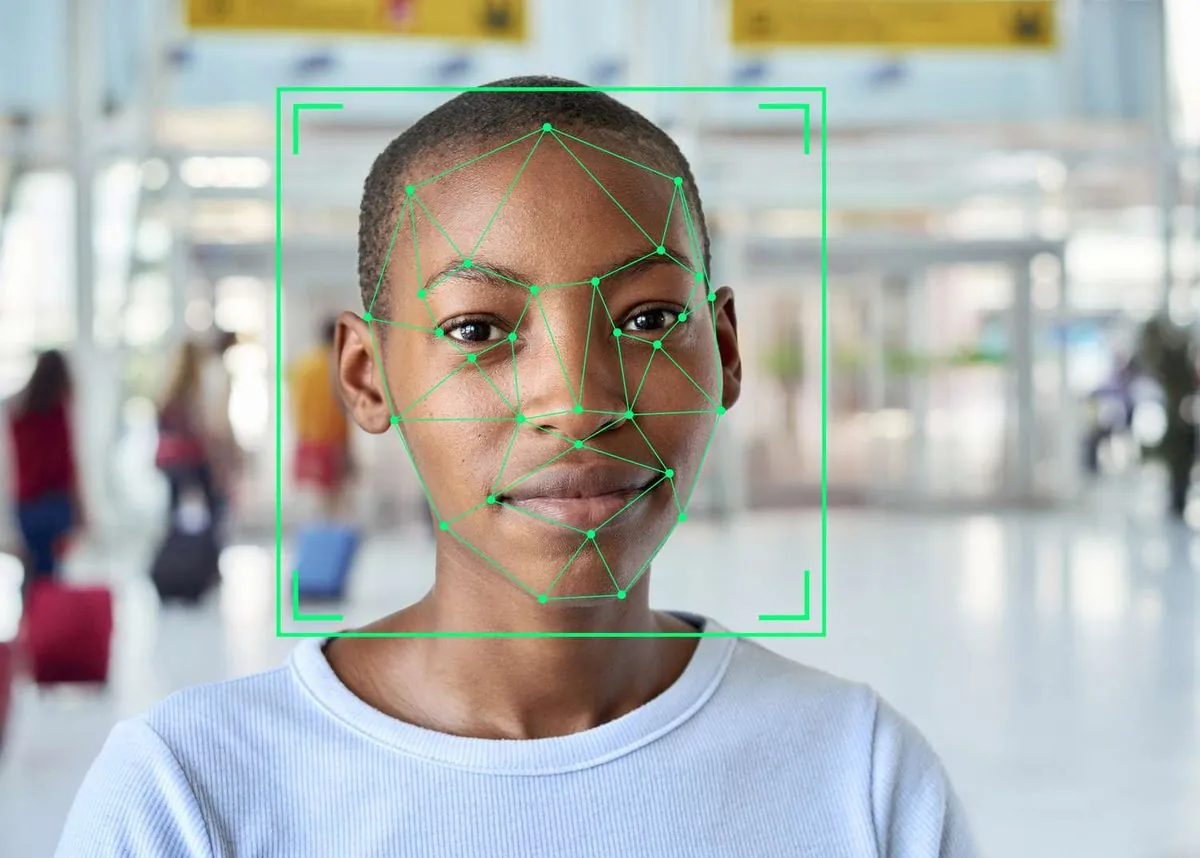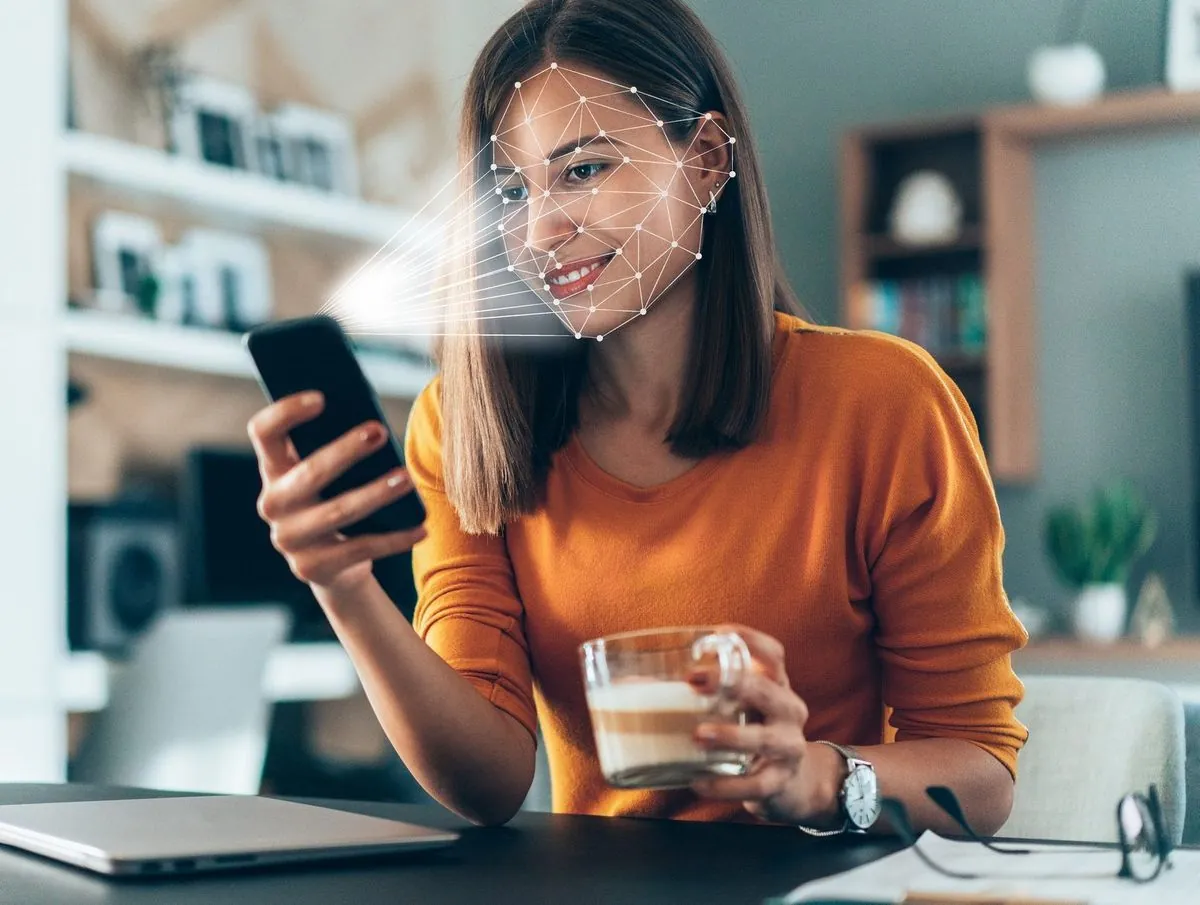AI Age Checks: Balancing Child Safety and Privacy Concerns
AI companies are collecting children's facial data to improve age estimation technology, raising privacy concerns. While widely adopted by major platforms, these tools face accuracy challenges and legal scrutiny.

In 2021, Yoti, a London-based AI firm, launched a campaign in South Africa to collect children's facial photos for age estimation technology. This initiative, called "Share to Protect," offered 20 South African rands (about $1) to schools for each child's photo, aiming to improve the accuracy of their AI tool.
This campaign highlights the growing trend of "age assurance" companies developing technologies to estimate users' ages online. Major platforms like Facebook, Instagram, and TikTok have adopted these tools to restrict access for younger users. Even OpenAI's ChatGPT employs age checks.
The rise of these technologies coincides with increasing concerns about the internet's impact on youth mental health. In response, 19 states have enacted laws requiring online age checks since early 2023. However, this surge in age verification raises significant privacy concerns.
"To protect them, you have to know who the children are. But one of the things you want to protect about them is their privacy. And the more you learn about them, the more their privacy is at risk."
While age estimation tools have shown promise, with accuracy typically within three years, they face challenges. Factors like facial expressions, eyewear, and even gender can affect results, with higher error rates for girls and women. These limitations have led to legal challenges, with judges in Indiana and Mississippi halting age verification laws in recent months.
The implementation of these tools has had significant impacts. For instance, Pornhub's traffic in Louisiana dropped 80% after implementing age verification. This has driven some users to less regulated websites, potentially increasing risks.
Public opinion on age verification remains divided. A 2023 Pew Research survey found that over 70% of U.S. adults support age checks for social media. However, many criticize the technology as invasive and potentially harmful to privacy.

As the debate continues, companies like Incode and Yoti are expanding their data collection efforts globally to improve accuracy. However, this raises further questions about data privacy and the ethical implications of collecting children's biometric data on a large scale.
The future of online age verification remains uncertain, balancing the need to protect children with concerns about privacy and free speech. As technology evolves and legal challenges unfold, finding the right approach to age assurance will likely remain a complex and contentious issue.


































